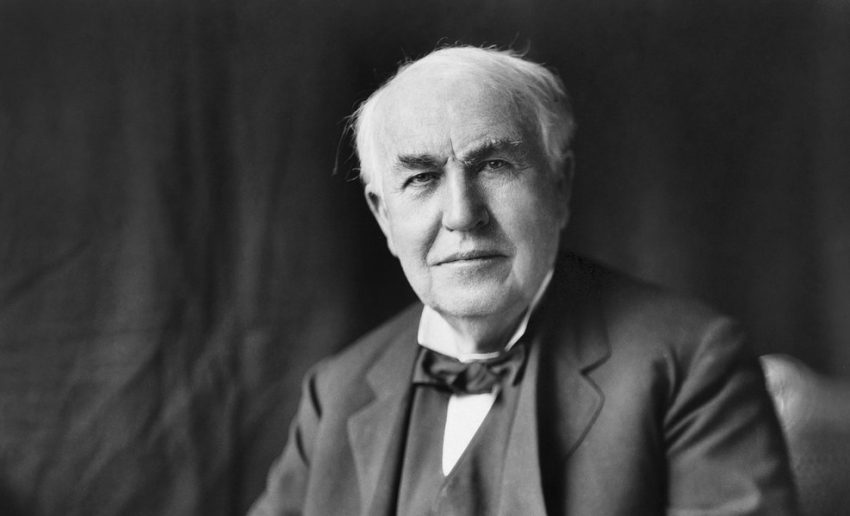Robert L. Bradley, Jr., writing for the Institute of Energy Research, points out that electric vehicles are benefiting from “subsidies galore.” Yet the average price of an EV is $11,000 more than a comparable gasoline-fueled car.
Bradley lists the subsidies:
-
- Pursuant to federal legislation in 2008/2009, EV purchasers have received up to $7,500 in tax credit. The same provided a 50 percent federal tax credit for home recharging stations.
- State tax credits in Colorado ($4,000) California ($2,000), New York ($2,000), Florida ($1,000), and elsewhere add to the federal credit, as do any local utility rebates ($1,500 in California).
- In 2009, the Obama Administration awarded $2 billion of stimulus money to the major car makers for advanced battery research, mainly lithium-ion. General Motors’ Volt was the major recipient, with Ford Motor, Chrysler, and Nissan also in the gravy train. The goal was one million electrics by 2015 (the actual was 70 percent less).
- EV credits to average down mileage to meet the Corporate Average Fuel Economy (CAFE) standards, the most recent to meet the recent stringent EPA rule of 55 mpg by 2026 versus 38 miles today.
- Waivers by states on retail taxes applied to petroleum (gas taxes) for EVs.
Bradley also observes that electric power has some basic weaknesses compared with internal combustion engines. He quotes Thomas Edison, who told Henry Ford to stick with the gasoline engine. As Ford told it, Edison said:
“Young man, that’s the thing; you have it. Keep at it. Electric cars must keep near to power stations. The storage battery is too heavy. Steam cars won’t do, either, for they require a boiler and fire. Your car is self-contained—carries its own power plant—no fire, no boiler, no smoke and no steam. You have the thing. Keep at it.”
A future in which electric vehicles overwhelm gasoline-powered automobiles is not yet certain.
Image of Thomas Alva Edison is from WikiImages on Pixabay.


Also, calculations about electric cars usually leave out the costs and energy loss in electricity transmission. A John Locke Foundation post and research brief does the numbers: “Dr. van der Vaart says the idea that electric vehicles are more efficient than cars with fuel-powered internal combustion engines is a common misconception. To illustrate, van der Vaart uses a 2019 Honda Clarity electric vehicle…”
https://www.johnlocke.org/electric-cars-can-have-worse-mpg-than-a-civic/